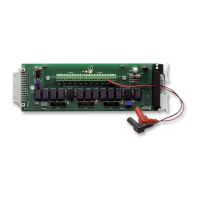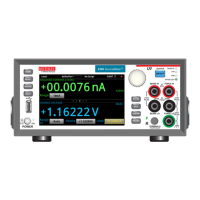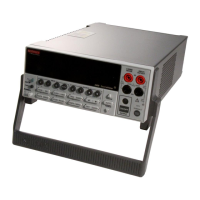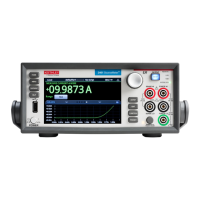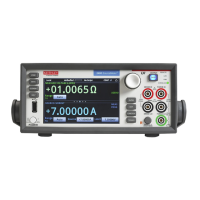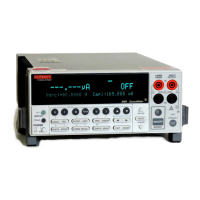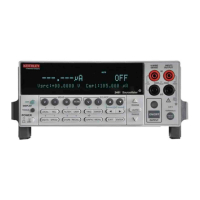8: TSP command reference Model 2450 Interactive SourceMeter® Instrument
8-242 2450-901-01 Rev. B/September 2013
A maximum of 10 format specifiers can be used for a maximum of 10 return values.
If formatString is not provided, the command returns a string that contains the data until a new line is
reached. If no data is available, the Model 2450 pauses operation until the requested data is available or until a
timeout error is generated. Use tspnet.timeout to specify the timeout period.
When the Model 2450 reads from a TSP-enabled remote instrument, the Model 2450 removes Test Script
Processor (TSP
®
) prompts and places any errors or events it receives from the remote instrument into its own
event queue. The Model 2450 prefaces events and errors from the remote device with Remote Error, followed
by the event number and description.
Example
tspnet.write(deviceID, "*idn?\r\n")
print("write/read returns:", tspnet.read(deviceID))
Send the "*idn?\r\n" message to
the instrument connected as
deviceID.
Display the response that is read from
deviceID (based on the *idn?
Also see
tspnet.connect() (on page 8-237)
tspnet.readavailable() (on page 8-242)
tspnet.timeout (on page 8-244)
tspnet.write() (on page 8-248)
tspnet.readavailable()
This function checks to see if data is available from the remote device.
Type TSP-Link accessible
Affected by Where saved Default value
Usage
bytesAvailable = tspnet.readavailable(connectionID)
The number of bytes available to be read from the connection
The connection ID returned from tspnet.connect()
Details
This command checks to see if any output data is available from the device. No data is read from the instrument.
This allows TSP scripts to continue to run without waiting on a remote command to finish.
Example
ID = tspnet.connect("192.0.2.1")
tspnet.write(ID, "*idn?\r\n")
repeat bytes = tspnet.readavailable(ID) until bytes > 0
print(tspnet.read(ID))
Send commands that will create
data.
Wait for data to be available.
Also see
tspnet.connect() (on page 8-237)
tspnet.read() (on page 8-241)
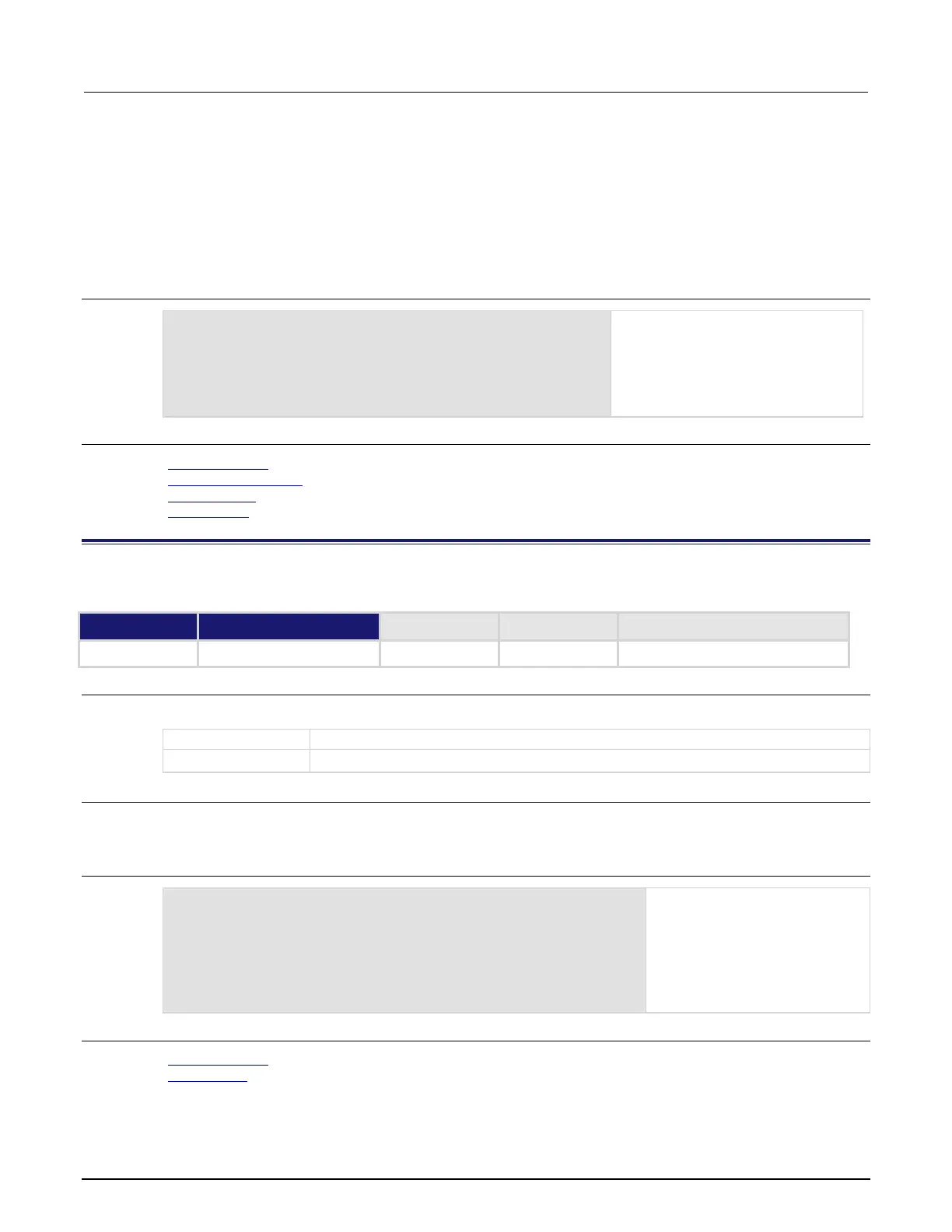